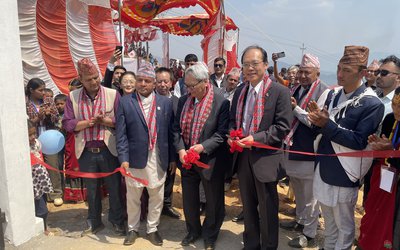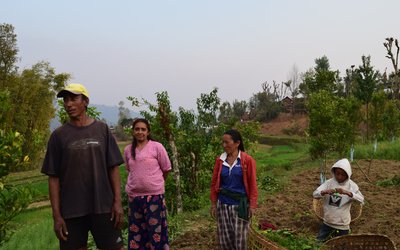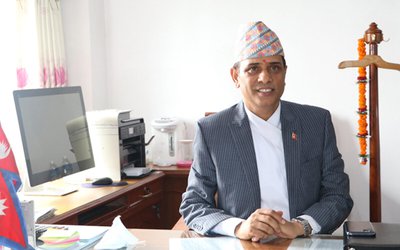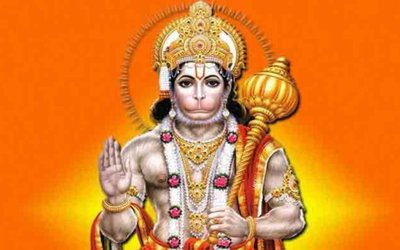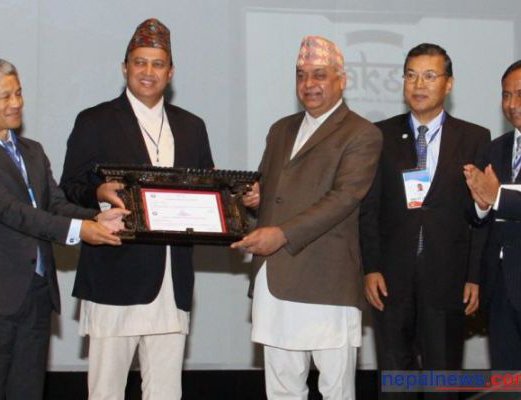
The sixth world conference of Non-Resident Nepalese Association (NRNA) has just concluded in Kathmandu.
President Ram Baran Yadav, who inaugurated the conference on October 21, urged the non-resident Nepalese assembled at the Birendra International Convention Centre (BICC) to attend to their motherland by mobilising their economic, commercial, and intellectual capital for the nation’s development.
This time again, the NRN community pressed hard the government and public institutions to listen to their demands for dual citizenship. Shesh Ghale‚ who is the newly elected head of the organization, and one of the richest Nepali-born Australians with a personal fortune of $265 million, has taken up the issue with the President of Nepal and the members of the government immediately upon his election to the coveted position.
The Constitution and Nepalese laws do not permit anybody dual or multiple citizenships; no one can be a citizen of another country and still be recognized as Nepalese citizen. Because of this, there are many disadvantages non-resident community face in the country they work. But the government in Nepal does not seem to be very sympathetic to this demand.
Ganesh Dutta Bhatta, a law professor at Tribhuvan University, described it as “a very sensitive issue” for a country, which has been surrounded by very populated, huge neighbouring countries.
“The open border with India, and the rate in which Nepal’s demography is being changed due to new arrivals from there, is already alarming. They all end up being Nepalese citizens. It has overcrowded our country. The ethnic and social composition of the country has been affected. The business sector of the country had gone into the hand of people who have Nepalese citizenships, but little Nepalese heart. They have been decisive in the political process as well. A dual citizenship entitlement in Nepal could be yet another ploy to weaken our vital national interests,” said Bhatta.
Constitutional expert, Dr Bipin Adhikari, pointed out, “The issue of dual citizenship is a very complicated issue. At times, persons may have dual citizenship by automatic operation of different laws rather than by choice. For example, a child born in a foreign country to Nepalese parents may be both a Nepalese citizen and a citizen of the country of birth. But the child must make a choice as soon as s/he attains the age of majority. However, as a rule of the Constitution, Nepal does not recognize the concept of dual citizenship.”
Many countries and regions in the world admit and respect dual citizenship, including the United States, United Kingdom, France, Canada and Australia. Most countries do not think that citizens should lose the citizenships of their homeland if they succeed in gaining another country's nationality.
However, like Nepal, dual citizenships are not allowed in Denmark, Indonesia, Poland, Japan, Singapore, the Netherlands, United Arab Emirates (UAE), Romania, Thailand, and many other countries. Even the U.S. Government recognizes that dual citizenship exists in some form but does not encourage it as a matter of policy because of the problems it may cause.
Adhikari added, “Nepal’s both neighbours, India and China, do not recognize dual citizenship. The China nationality law holds that the country will not admit the dual nationality of a Chinese citizen. It declares that as soon as Chinese take foreign citizenships, they will automatically lose their Chinese citizenship. It has introduced Overseas Citizens of India (OCI) and Person of Indian Origin (PIO) programs, which offer card holders some travel and residency privileges. But it is not the same thing as dual citizenship.”
In his opinion, even for those countries which allow dual citizenships, there are strings attached to the offer. Australia and Egypt do not allow dual citizens to contest parliamentary elections. The naturalized citizens in the US cannot run for the offices of President or Vice President. Pakistan allows dual citizenship, but only with 16 specified countries. Countries like Austria, Denmark, Germany, and Spain either restrict or forbid dual citizenship.
Advocate Sombhojen Limbu made another point: “The 2010 constitution of Kenya has recognized dual citizenship, as a recognition of non-resident Kenyans’ role in many aspects of national importance, including contributing to economic development, transmitting remittances, invaluable skills, and more.”
“This is also the time for the NRNs to show that they care about the country and have, therefore, invested profusely in key sectors of Nepal’s economy, like agriculture, hydro-power development and tourism,” added Limbu.
Bishweshwar Prasad Bhandari, another senior lawyer, said, “There is no need to reach any hasty conclusions. There are some good reasons why the concept of dual nationality is being used by many countries. Similarly, there are equally good reasons why this is not being accepted.
“In each case, most of the issues involved are social, economical, political, and security related. Nepal must think twice and make appropriate decision. After all, what we are talking about is the protection of our vital national interests. The protection to be offered to our ‘non-residents’ comes next. It is not an easy decision,” remarked Bhandari.
A couple of political parties, including the terai-based Sadbhawana Party of Nepal, have already sought dual citizenship for NRNs in its election manifesto released recently. But the government has not studied these intricate issues yet.
- TANAHU HYDROPOWER PROEJCT: A Significant Achievement
- Apr 15, 2024
- AMBASSADOR HANAN GODAR: Sharing Pain With A Nepali Family
- Mar 30, 2024
- VISIT OF KfW AND EIB TO NEPAL : Mission Matters
- Mar 25, 2024
- NEPAL BRITAIN SOCIETY: Pratima Pande's Leadership
- Mar 24, 2024
- NEPAL ARMY DAY: Time To Recall Glory
- Mar 15, 2024




